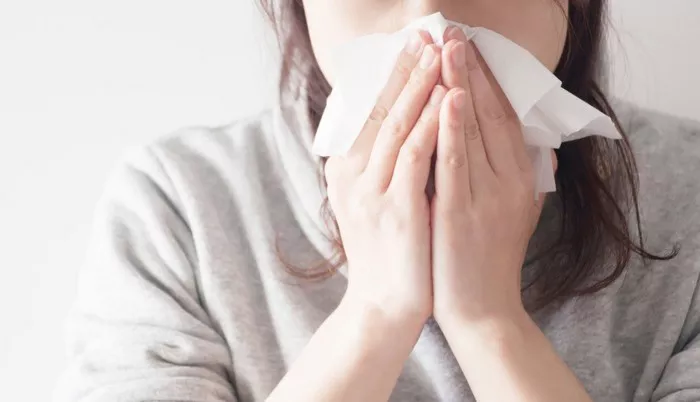Fall allergies can be a frustrating and uncomfortable condition to deal with. As the seasons change, so do the allergens in the air, which can trigger an immune response in some people. In this article, we will explore what causes fall allergies, including common allergens and risk factors.
What Are Fall Allergies?
Fall allergies are a type of seasonal allergy that typically occur during the autumn months. They are caused by exposure to allergens in the air, such as pollen, mold spores, and ragweed. Symptoms of fall allergies can range from mild to severe and may include:
Sneezing
Runny or stuffy nose
Itchy or watery eyes
Scratchy throat
Coughing
Fatigue
Common Allergens That Cause Fall Allergies
There are several common allergens that can cause fall allergies. Some of the most common allergens include:
Ragweed: Ragweed is a type of weed that grows in many parts of the United States. It typically blooms in late summer and early fall and can produce large amounts of pollen.
Mold: Mold can grow in damp areas, such as basements, bathrooms, and kitchens. In the fall, mold spores can be released into the air, triggering an allergic reaction in some people.
Dust mites: Dust mites are microscopic creatures that live in bedding, carpeting, and upholstered furniture. They can trigger allergies year-round, but their numbers tend to increase in the fall as people spend more time indoors.
Pet dander: Pet dander is made up of tiny flakes of skin and fur that can trigger allergies in some people. As pets spend more time indoors during the fall, exposure to pet dander can increase.
Risk Factors for Fall Allergies
There are several risk factors that can increase the likelihood of developing fall allergies. Some common risk factors include:
Family history: If allergies run in your family, you may be more likely to develop fall allergies.
Age: Fall allergies can develop at any age, but they are more common in children and young adults.
Living in certain areas: People who live in areas with high levels of pollen or mold may be more likely to develop fall allergies.
Smoking: Smoking can irritate the airways and make allergies worse.
Other health conditions: People with asthma or other respiratory conditions may be more likely to develop fall allergies.
Preventing and Treating Fall Allergies
There are several steps that can be taken to prevent and treat fall allergies. Some common strategies include:
Avoiding allergens: The most effective way to prevent fall allergies is to avoid exposure to allergens. This may involve staying indoors during peak pollen season, using air purifiers, and keeping pets out of certain areas of the home.
Taking medications: Over-the-counter and prescription medications, such as antihistamines and decongestants, can help alleviate symptoms of fall allergies.
Allergy shots: Allergy shots involve receiving regular injections of allergens over a period of several years. This can help desensitize the body to allergens and reduce the severity of symptoms over time.
Immunotherapy: Immunotherapy involves receiving regular injections of allergens over a period of several years. This can help desensitize the body to allergens and reduce the severity of symptoms over time.
Nasal irrigation: Nasal irrigation involves flushing out the sinuses with a saline solution. This can help reduce congestion and alleviate symptoms of fall allergies.
Conclusion
In conclusion, fall allergies can be a frustrating and uncomfortable condition to deal with. They are typically caused by exposure to allergens in the air, such as pollen, mold spores, and ragweed. Making certain lifestyle changes, such as avoiding allergens and taking medications, can help alleviate symptoms. Allergy shots and immunotherapy may also be helpful for some people. It is important to talk to a healthcare provider to determine the best course of treatment for fall allergies. By taking steps to manage symptoms, many people are able to find relief and enjoy a better quality of life.
[inline_related_posts title=”You Might Be Interested In” title_align=”left” style=”list” number=”6″ align=”none” ids=”3940,3938,3936″ by=”categories” orderby=”rand” order=”DESC” hide_thumb=”no” thumb_right=”no” views=”no” date=”yes” grid_columns=”2″ post_type=”” tax=””]

































